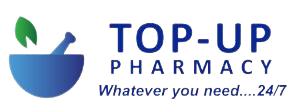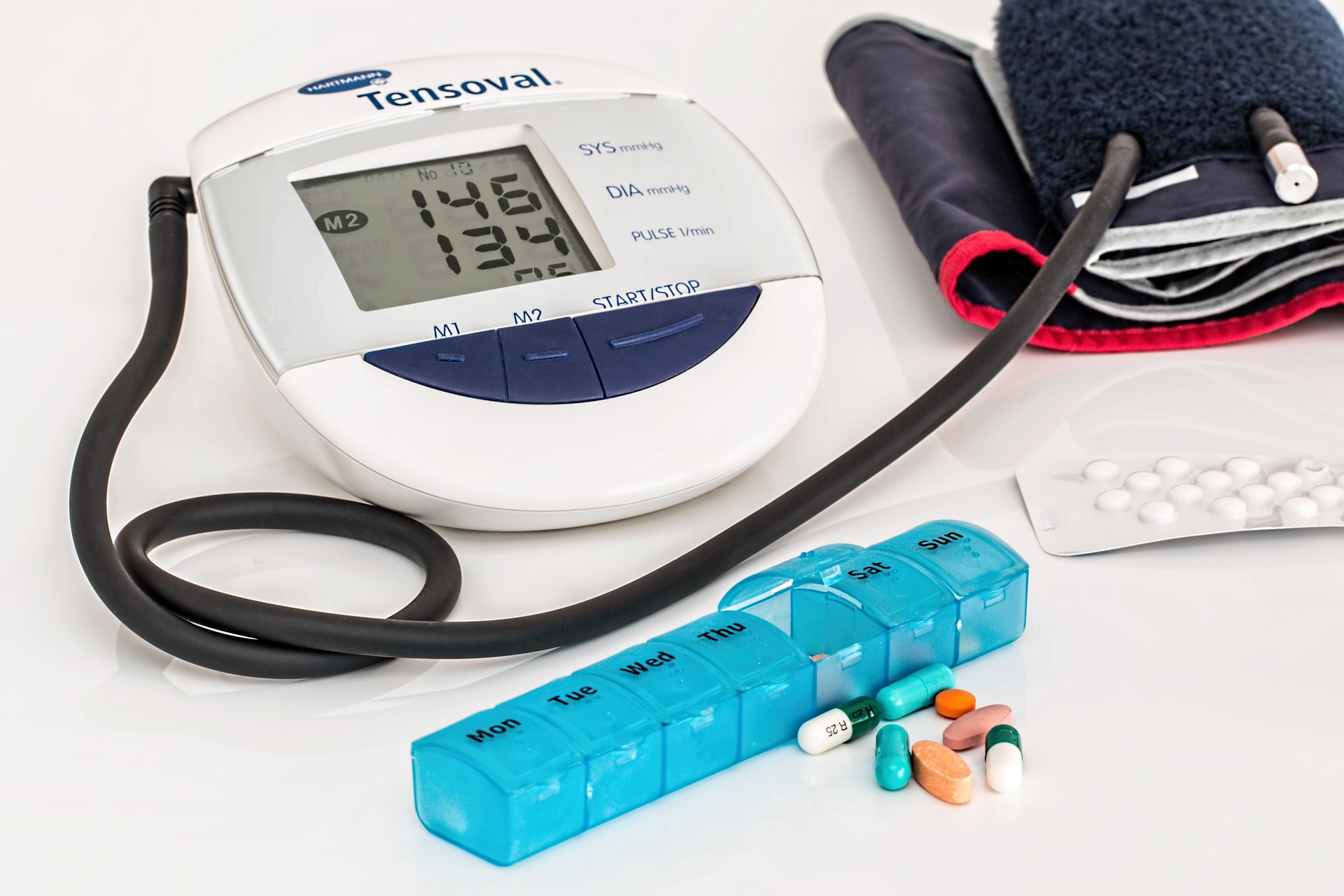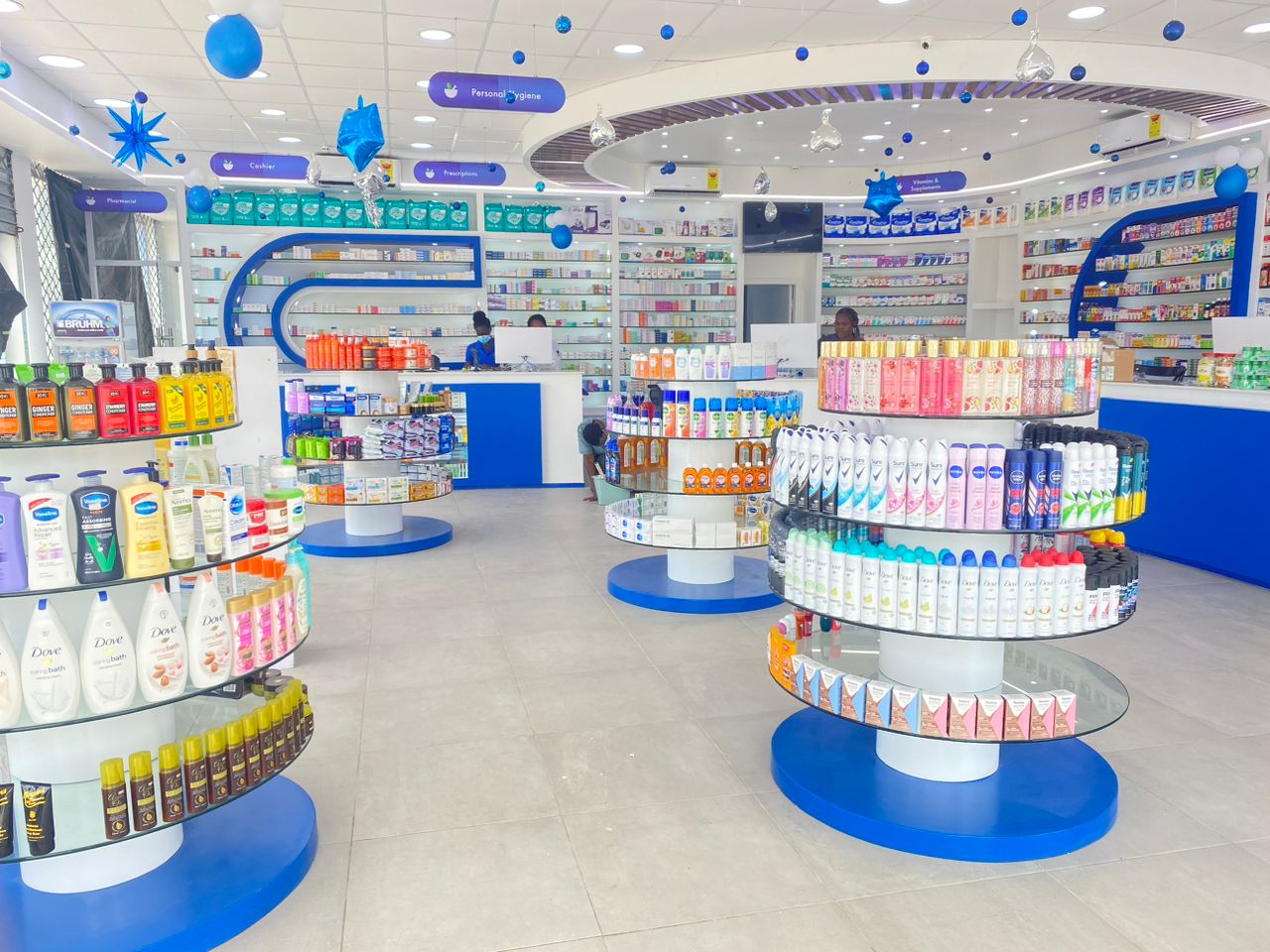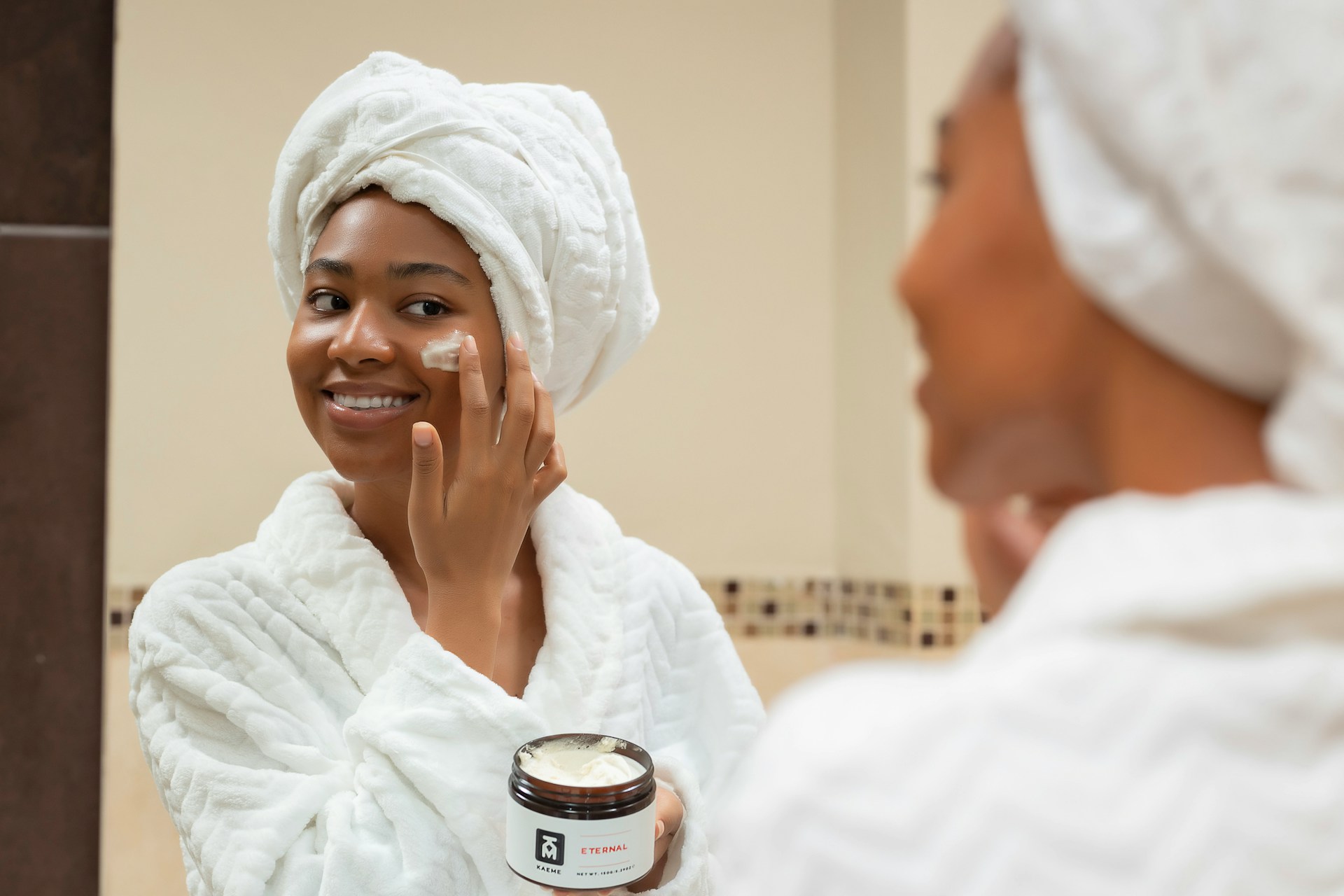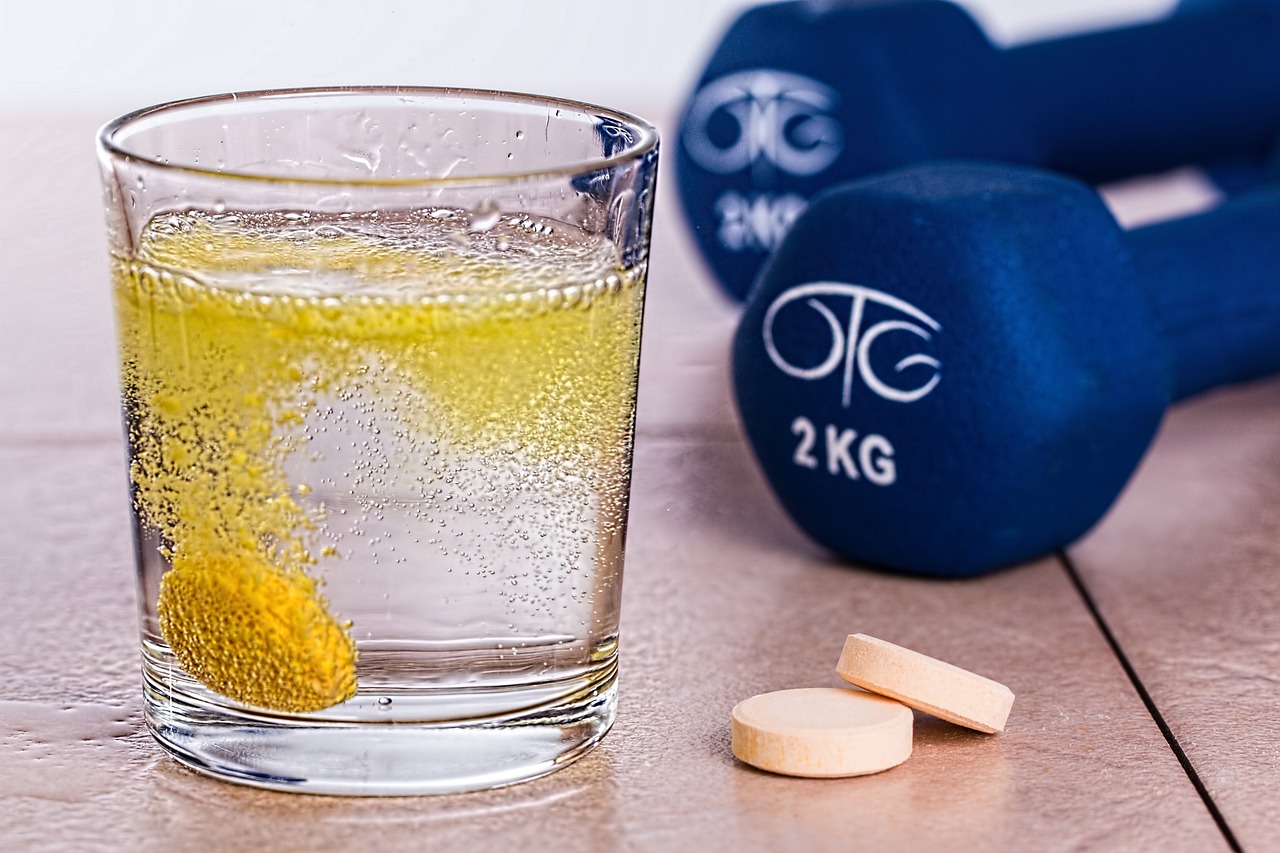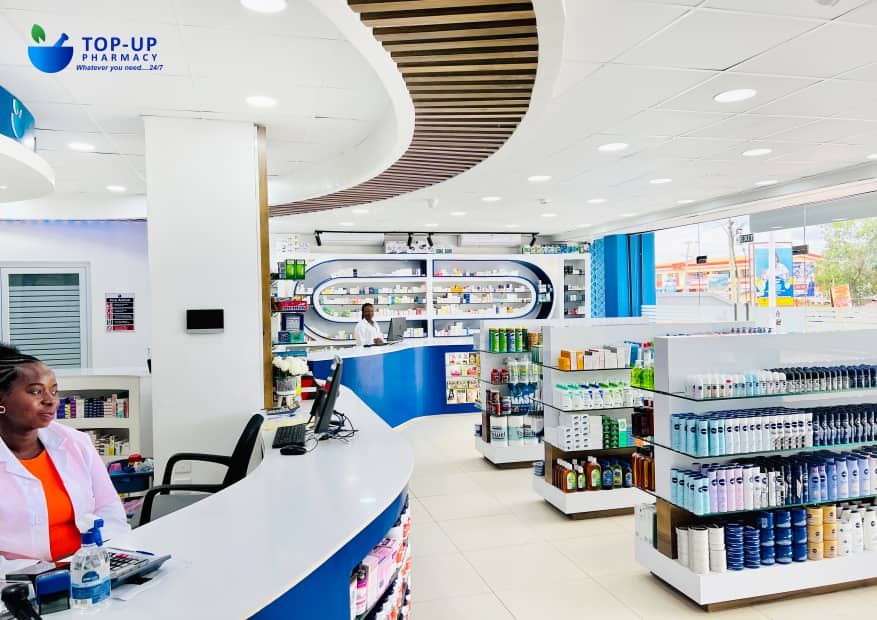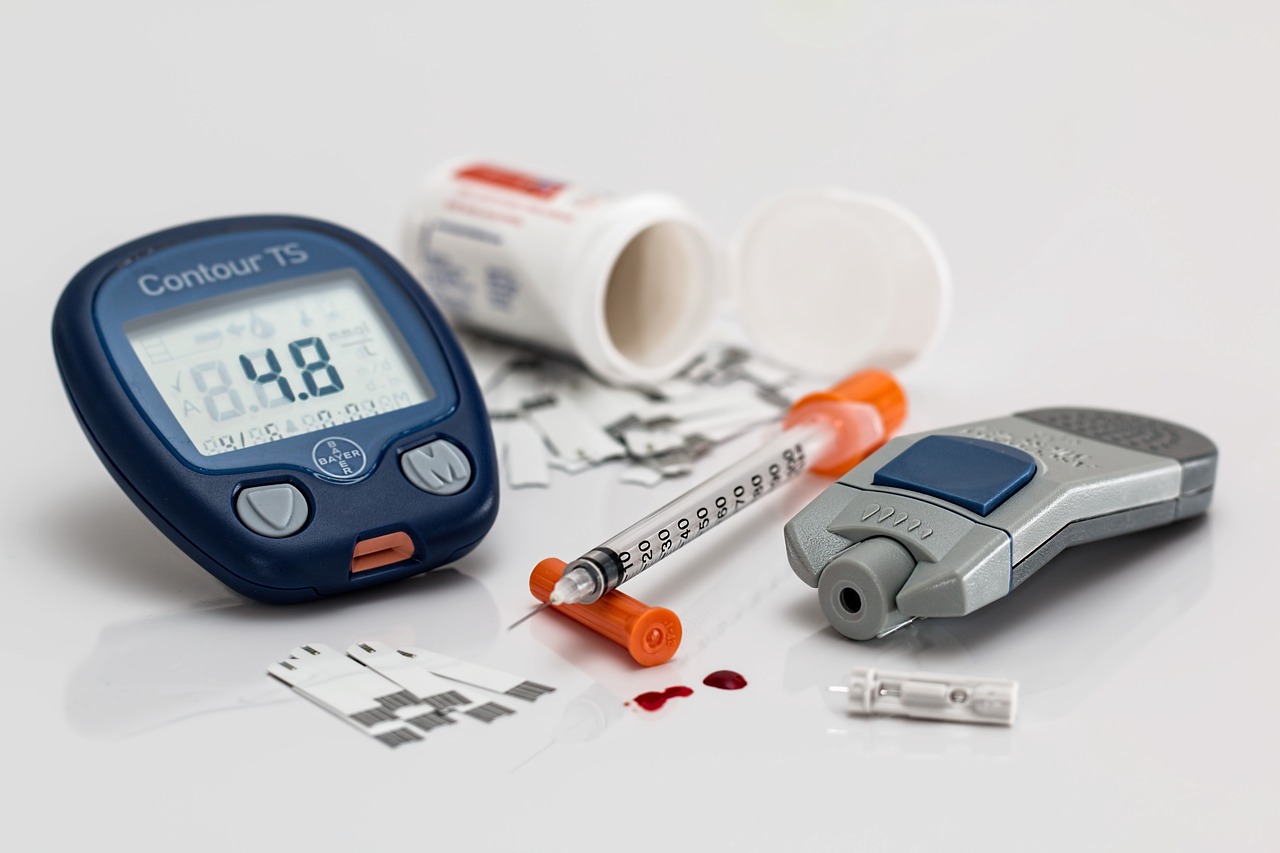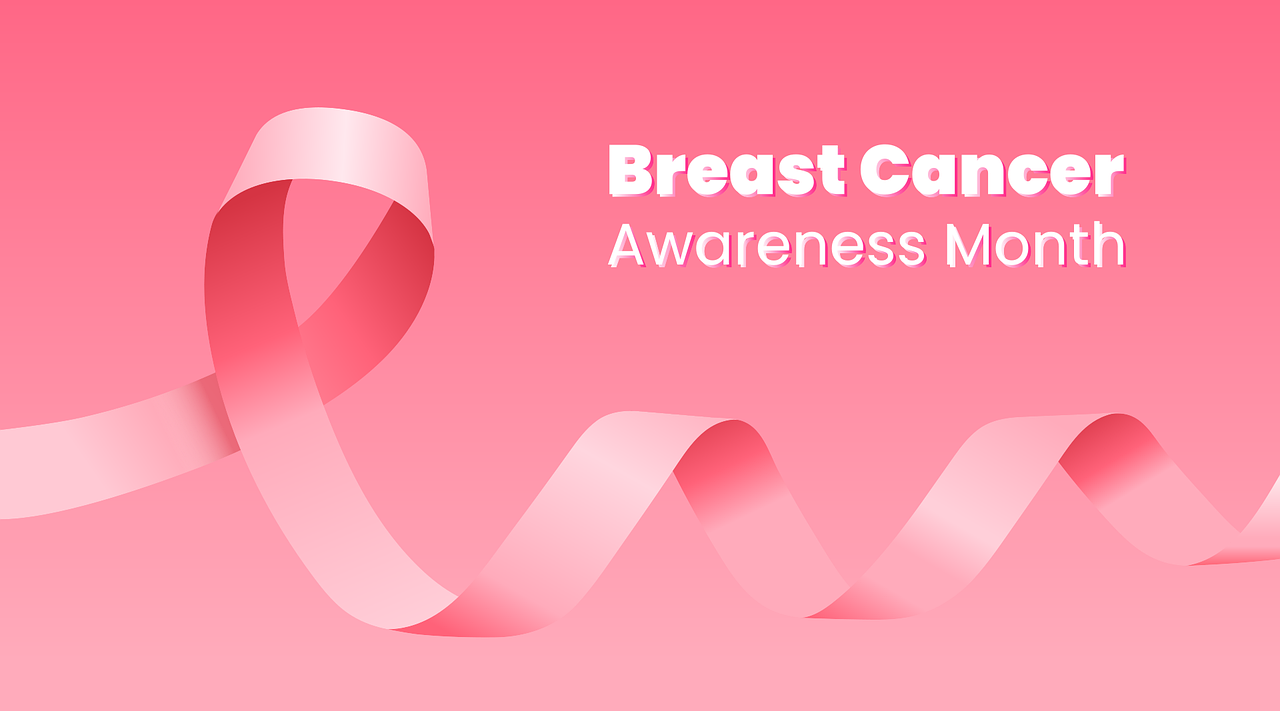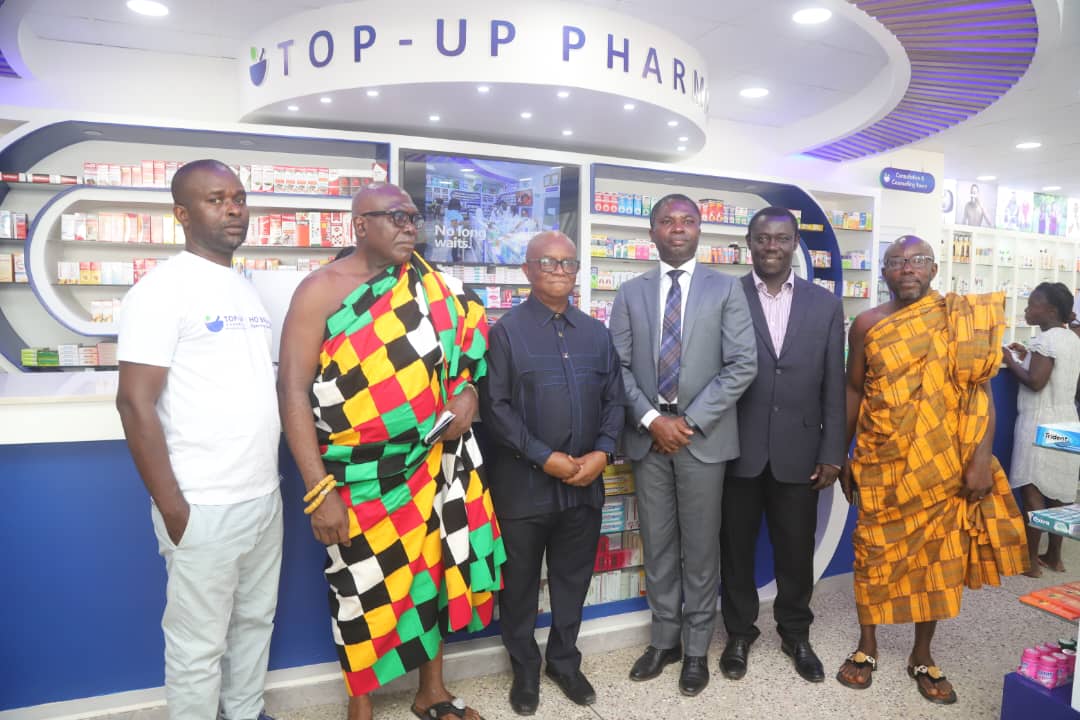Risk Factors for High Blood Pressure (Hypertension)
High blood pressure or Hypertension is a common medical condition that develops when the force of blood pushing against your artery walls is consistently too high. This high pressure causes the heart to work harder to pump blood. Hypertension leads to complications such as stroke and heart attack.
There are mainly two types of hypertension:
Primary Hypertension
Primary hypertension or essential hypertension is the most common type of hypertension in adults. There is no identifiable cause, but there are risk factors that predispose one to getting it. Risk factors that can increase your chances of getting primary hypertension include, aging, your family history and your lifestyle.
Secondary Hypertension
Secondary hypertension is caused by an underlying medical condition or certain medications. It causes higher blood pressure than primary hypertension. Conditions such as kidney disease, adrenal gland tumours, thyroid disease and drugs like contraceptive pills and NSAIDs can lead to secondary hypertension.
Risk factors that increase your risk of getting high blood pressure include:
Family History
Genetics plays a role in hypertension. You have an increased risk of developing high blood pressure if your parents, siblings or close relatives have high blood pressure.
Age
Blood pressure tends to increase with age. This is because, as you get older, your blood vessels gradually lose some of their elasticity and become stiffer. This can cause a rise in blood pressure.
Race
Black people are predisposed to high blood pressure more than white people. Black people also develop hypertension at an earlier age than white people.
Lack of Exercise
Regular exercise or physical activity helps your heart and circulatory system stay healthy and lowers your blood pressure. Not exercising can cause weight gain. Being overweight or obese increases your blood pressure and can worsen your hypertension if you already are hypertensive. It also raises your risk of high cholesterol and heart disease.
High Salt Intake
Eating too much salt (sodium) raises your blood pressure. Sodium causes the body to retain fluid, leading to increased blood pressure. Processed foods and fast foods tend to be high in salt content.
Stress
High levels of stress can lead to high blood pressure. Behaviours associated with stress such as poor eating habits, not having enough sleep, smoking and alcohol use also lead to an increase in blood pressure.
Alcohol
Drinking too much alcohol can raise your blood pressure or worsen hypertension. The American Heart Association recommends no more than two drinks per day for men and one drink per day for women for people who drink alcohol.
Smoking
Smoking, using tobacco and vaping temporarily raises your blood pressure. Smoking contributes to the hardening of the blood vessels (atherosclerosis) which causes high blood pressure.
Underlying Medical Conditions
Certain medical conditions can lead to hypertension. Conditions such as chronic kidney disease, diabetes, thyroid disease, obstructive sleep apnoea, pregnancy and obesity can lead to hypertension.
